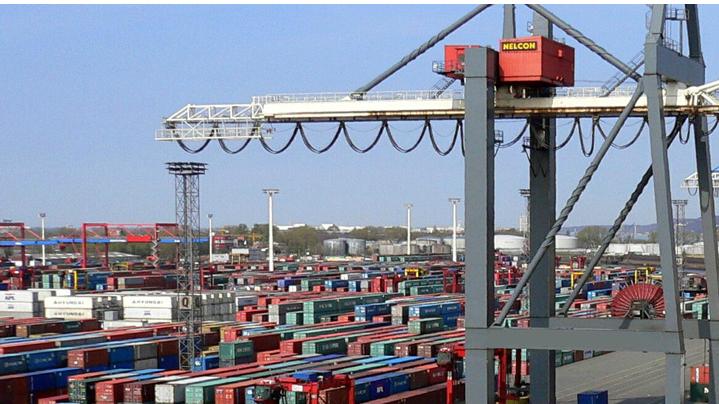India: Shipping Industry to Develop Idea Bank

Union Minister for Road Transport, Highways and Shipping, Mr Nitin Gadkari, called upon industry barons to develop a bank of ideas through which their knowledge, suggestions, innovative plans, facts and figures could be collected and sent to his Ministry. He was delivering the inaugural address at the India Maritime 2015 Exhibition and Conference organised jointly by Ministry of Shipping and Federation of Indian Chambers of Commerce and Industry (FICCI). The minister assured the house that all useful suggestions would be considered positively for the overall development of India’s maritime sector.
Mr Gadkari also declared that his government’s visionary Sagar Mala project would lead to holistic development in many areas including ship repair, shipbuilding, port facilities, goods and passenger terminals and development of logistical infrastructure. While a lot of focus has until now been placed on the country’s railways and roads, not much development has been achieved so far in the maritime sector. The Sagar Mala project will correct that anomaly. Once safe inland waterways are developed, the large number of road accidents that lead to loss of life and property will be reduced considerably.
The minister also released a knowledge paper titled ‘Strengthening and Creating Sustainable Maritime Industry’, prepared by FICCI and E&Y LLP. Citing the report, he noted that India’s maritime sector has the potential of generating up to three million jobs. “Employment is a very important priority for any government,” he said, calling for industry’s support and cooperation to develop the sector.
“Swacch Bharat is inevitably linked with a pollution-free Bharat” said the minister, with practical suggestions for industry. “Convert your oil residues to biodiesel for use in ports; almost 95 per cent of carbon monoxide will get converted to carbon dioxide and reduce pollution.” The Sagar Mala project will concentrate on east and west clusters where greenfield projects like this can protect the environment and reduce the price of fuel, he disclosed.
“Movement by water is not only efficient, it is green, cost-effective and is the need of the hour in today’s environment,” stated Mr Rajive Kumar, Secretary, Ministry of Shipping. He highlighted the dual role of the shipping industry in fulfilling the Prime Minister’s ‘Make in India’ initiative: On the one hand there is the potential to manufacture ships and other associated vessels; on the other, it is incumbent upon industry to improve efficiency and make water transport cost effective, because anything made in India will need to be moved through the ports. He lamented that despite India’s large coastline and presence of some of the world’s greatest rivers, the country has not been able to make full use of these assets. “I accept that like large liners, the government system takes time to move in a certain direction, but we have a very good captain who knows the destination and how to get there,” he observed, referring to the Ministry of Shipping.
Mr Adil Zaidi, Executive Director—Transaction Advisory Services, E&Y LLP, described the salient points in the knowledge paper prepared by them. He outlined the current status of India’s ports, describing the share of traffic in major and non-major ports. He also highlighted the policy, finance and operations-related challenges faced by the sector. Some suggestions given in the report include making available low interest-bearing long term funds to Indian shipyards; provision for a 30 per cent subsidy on the price of each vessel for a minimum period of five years; and grant of SEZ status to Indian shipyards with all attendant benefits. Another idea was to use the cold air available at LNG terminals to refrigerate perishable goods, leading to a zero energy gateway. “Our major ports are working beyond capacity, and non-major ports are competing internally. Tariff flexibility should be given to both major and minor ports, and should be led by market forces,” was his view.
Earlier, in his welcome address, Capt B V J K Sharma, Co-Chairman, FICCI National Committee on Infrastructure and Joint MD & CEO, JSW Infrastructure Limited, congratulated the minister for signing the MOU for the development of the Sagar Port in Bengal the previous day. He also presented the dignitaries with green certificates that symbolized the planting of trees in their name at Kumbalgarh Sanctuary. Mr Vinay Mathur, Deputy Secretary General, FICCI, proposed a vote of thanks. These and other major issues would be discussed at the conference alongside the exhibition over the next two days.
The products and services herein described in this press release are not endorsed by The Maritime Executive.
